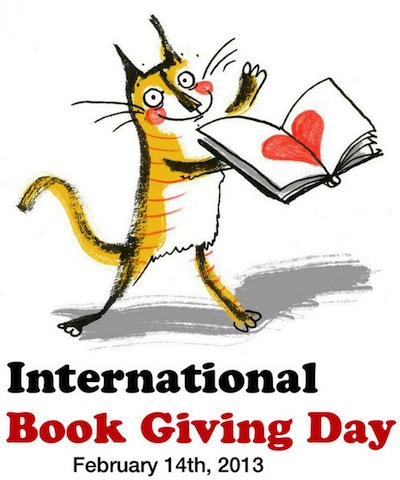If not now - when?
 Thursday, May 9, 2013 at 6:10PM
Thursday, May 9, 2013 at 6:10PM
The sun bloomed glorious and hot last Saturday, giving Vancouver the first sweet kiss of summer. Because the heavy drapes in the hotel conference room were slightly cracked, I saw some of that enticing sunlight. I would have preferred to be hking a forest trail or by the sea but I’d signed up for the SCBWI conference weeks before. I was committed.
Word count: 488 Reading time: approx. 2 mins.
To me, conferences and writing groups can be a bit of a gamble. At least one conference I went to was a complete waste of time. I’ve been to a writers’ group that was a thinly-disguised tea party. I continue to sign up anyway and remind myself that the doors aren't locked at these things. An early exit is always the fallback plan.
Last Saturday? It paid off:
- Margriet Ruurs, a committed advocate for literacy, who has travelled around the world promoting this cause, talked about the Write Life. A picture book author, she discussed how the human journey was originally depicted through drawings (25,000 years ago) and how stories are the backbone of human life. She exhorted people to write with passion and with care.
- Alison Acheson urged her audience to Build Your Own Box. Start with the dilemma of choices and work on the conflicts that arise with constraint. Then compress the story and eliminate the details that don’t work or aren’t important.
- There was a First Page panel where people submitted the first page of their books and four writer/editors gave feedback.
- In the session Truth, Lies and Standing on Chairs, Richard Scrimger reminded us there are no rules in writing. Start with a grain of truth. Then use lies to polish that truth and make it sing. The power of a story is in its internal truth.
- Joan Marie Galat talked about The Business of Getting Published and what happens once the contract is signed.
- There were portfolio/manuscript consultations, illustrator workshops and pitch sessions.
If I could redo the early years of my writing life, I would start going to these in-person events much sooner. Why didn’t I? I thought I wasn't a real writer because I didn’t have a vast portfolio of work or a commercial publishing contract. What I didn't realize, until I'd been to a few of them, is yes, conferences, book launches, writers' talks and groups do take away from the actual hours available for writing. At the same time, they energize, hone skills, and provide the chance to meet fellow travellers on an often difficult road.
I know now that it is never too soon (or too late) to sign up for the first in-person writers’ conference or group. If you can’t afford the registration fee, some conferences need volunteers to help with their functions. In return, volunteers may sit in on some of the sessions.
Have you been to your first conference yet? What’s holding you back?
***
Photo from Wikimedia Commons: Moonlight Castle Series Writers' Talks 2013-02-02


